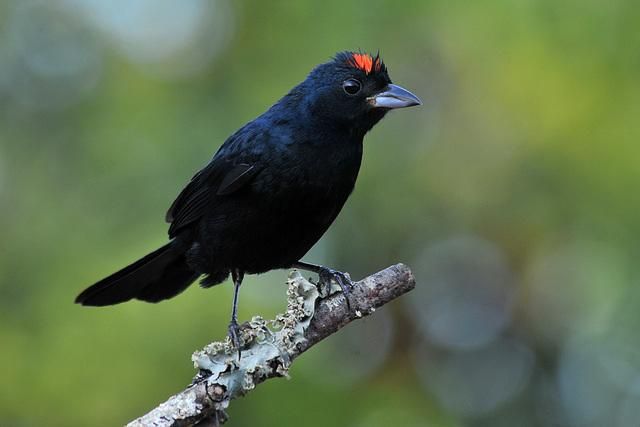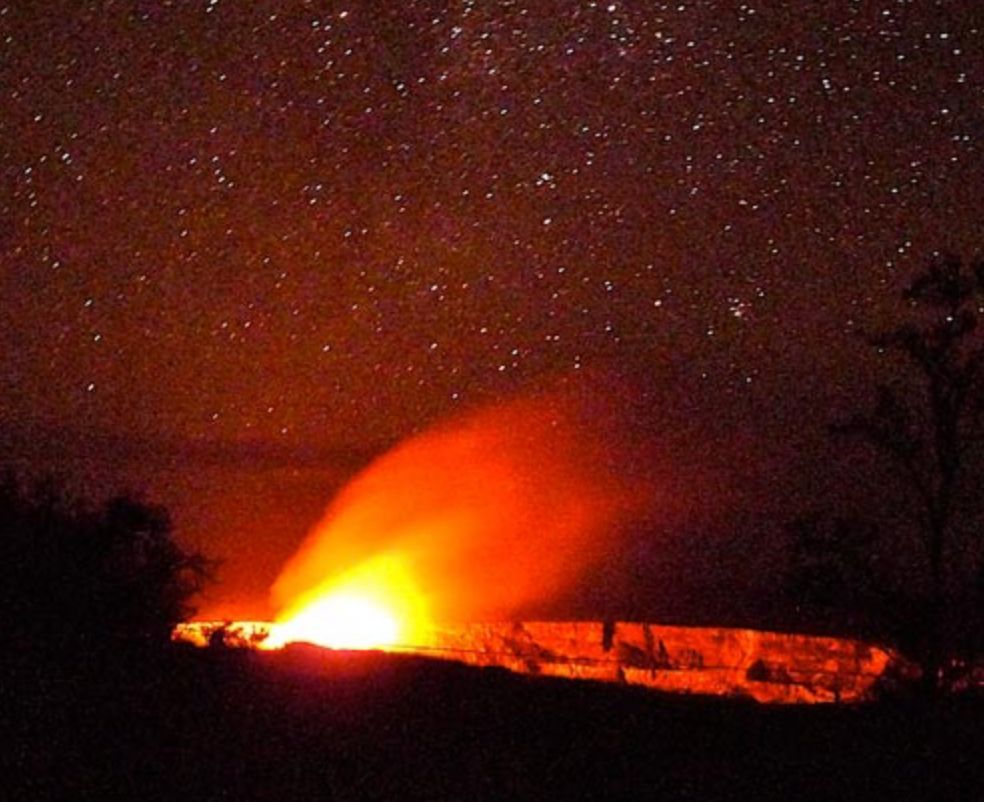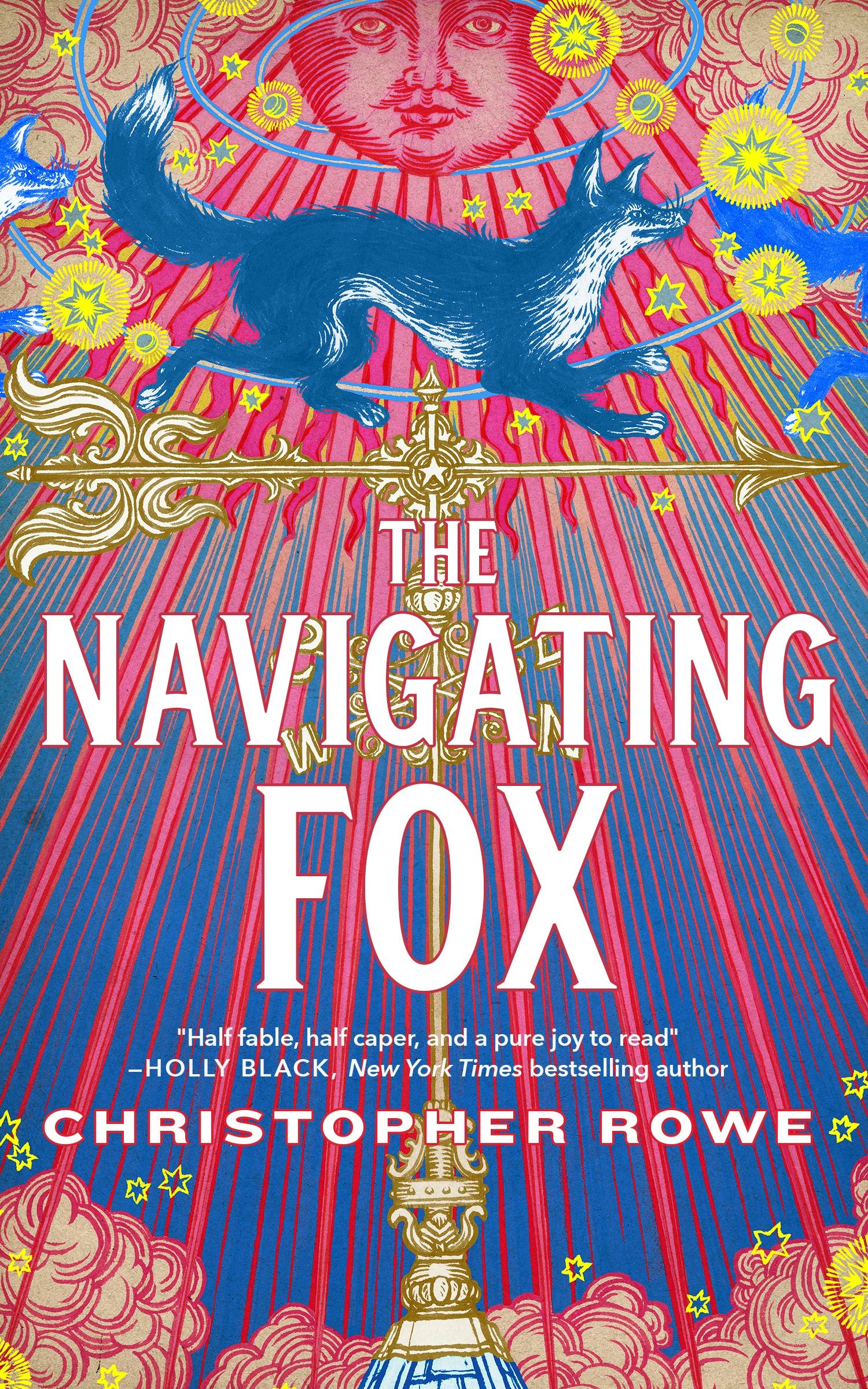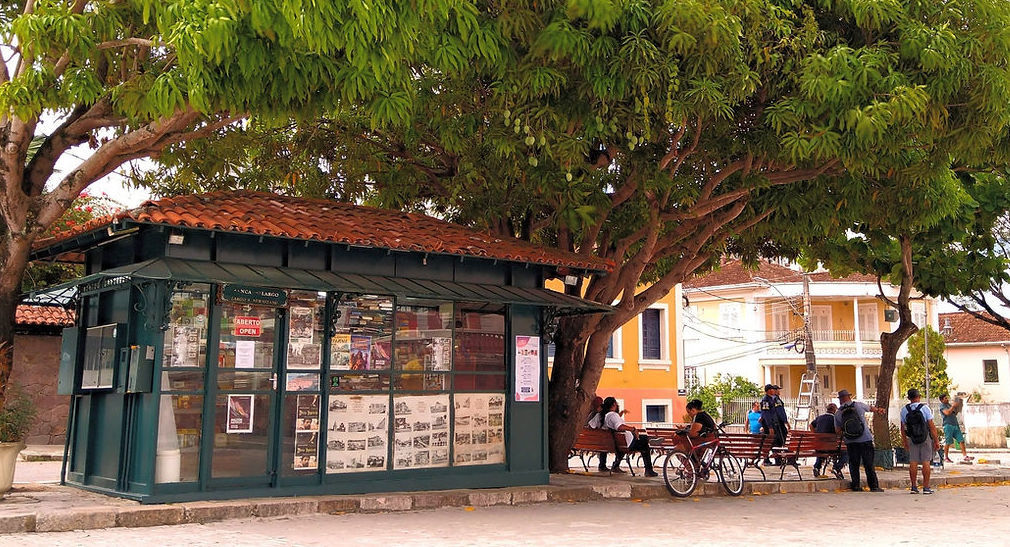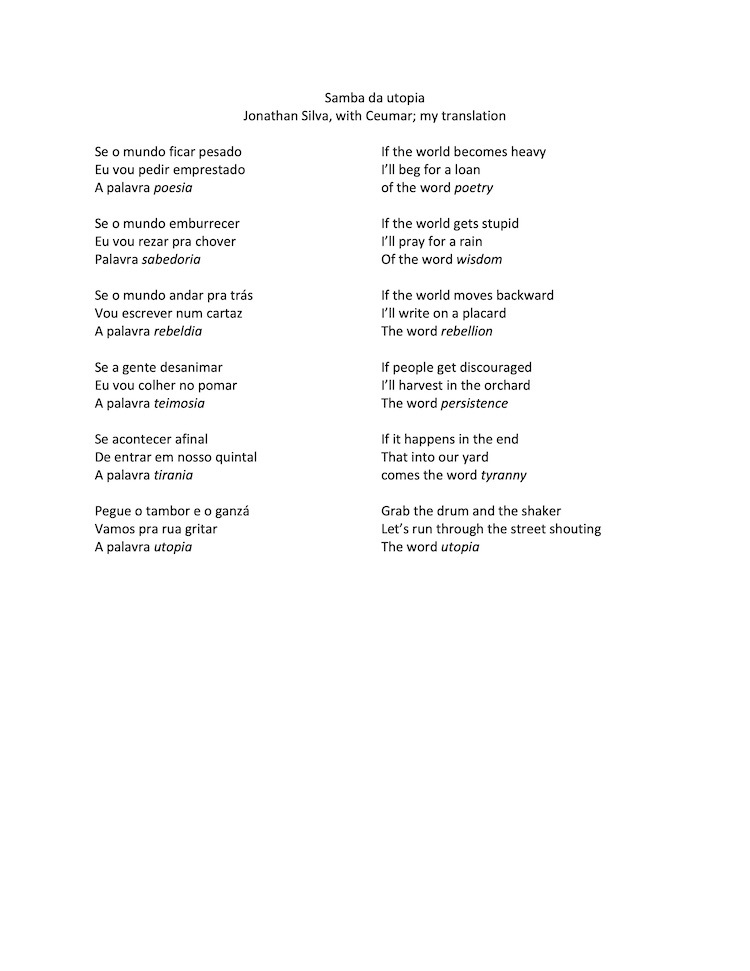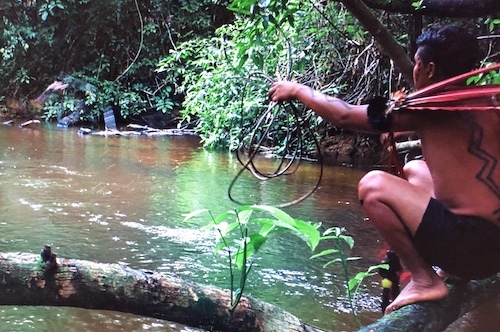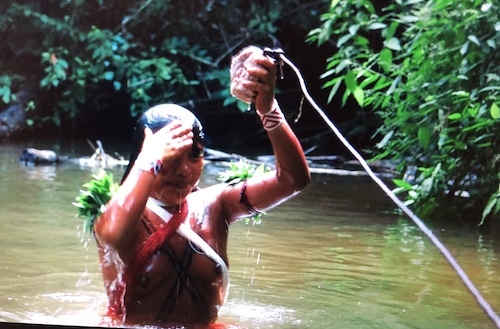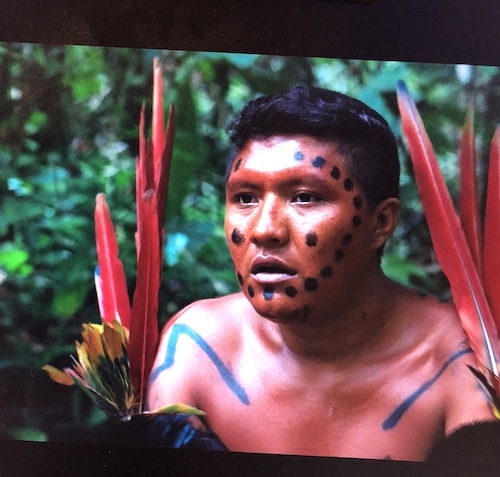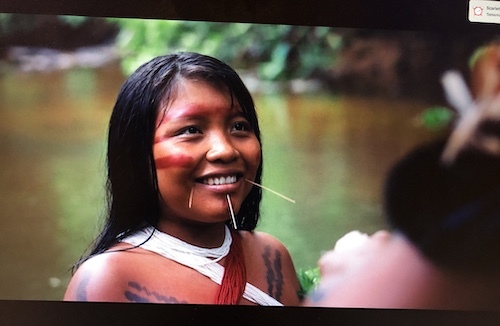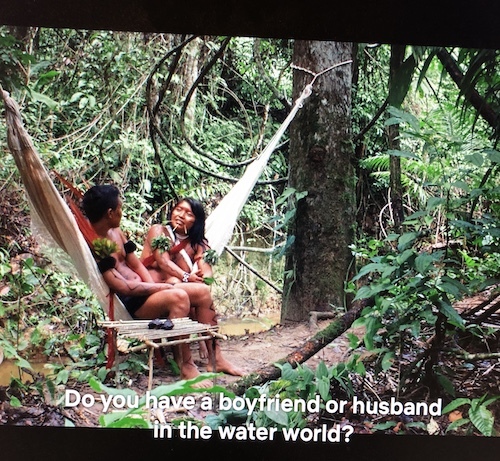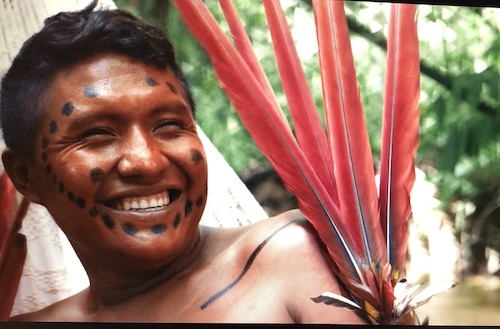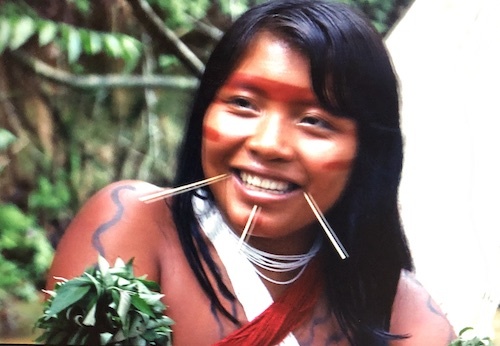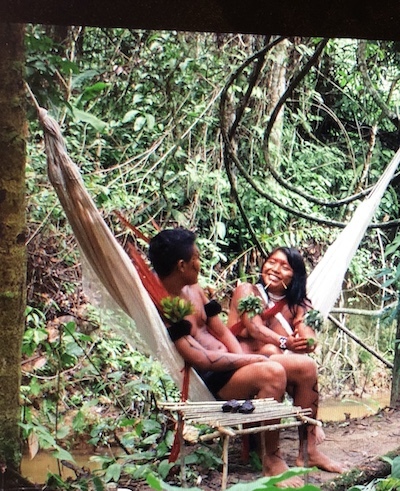Some quotes from Ailton Krenak's Life is Not Useful, (trans. Jamille Pinheiro Dias). These are from the essay "You Can't Eat Money."
And earlier, regarding Elon Musk and his ilk:
Here, on the other side of the river, there is a mountain that guards our village ... Looking at the mountain is an instant relief from all pain. Life moves through everything, through rock, the ozone layer, glaciers. Life goes from the oceans to solid ground; it crosses from north to south in all directions. Life is this crossing of the planet's living organism on an immaterial scale. Instead of thinking about the Earth's organism breathing, which is very difficult, let's think about life passing through mountains, caves, rivers, forests.
And earlier, regarding Elon Musk and his ilk:
[Recently there are] billionaires who have the crazy idea of creating a biosphere, a copy of the Earth. That copy will be as mediocre as they are. If a part of us thinks we can colonize another planet, it means we still haven't learned anything from our experience here on Earth. I wonder how many Earths these people need to consume before they understand they are on the wrong path.
